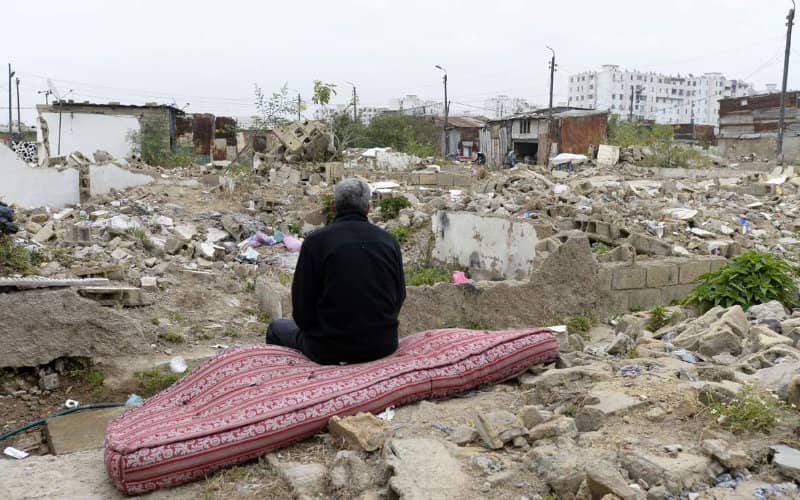COVID-19 Crisis Threatens to Reverse Morocco’s Poverty Reduction Progress, Study Finds

The impact of the health crisis is likely to be even more severe for those already living in poverty. On the eve of the presentation of the Finance Act and World Day to Combat Poverty, Oxfam Morocco calls for strong measures.
The economic crisis caused by the coronavirus pandemic could push more than half a billion people into poverty if measures are not taken in time. Over the past twenty years, Morocco has achieved a significant reduction in monetary poverty, from 15.3% in 2001 to 4.8% in 2014, according to statistics from the High Commission for Planning (HCP).
However, the problem of poverty in the Kingdom is expected to increase due to the socioeconomic impact of the health crisis. Thus, the proportion of vulnerable people could increase from 17.1% of the population in 2019 to nearly 19.87% in 2020, or 1.058 million additional people, who could fall into poverty. This is revealed by an indicator created by Oxfam to measure the commitment of states to reducing inequalities, based on the analysis by country of three pillars: social spending, progressive taxation and strengthening of labor rights, mainly for women.
Out of a total of 157 countries, Morocco ranks 121st. This is explained by the insufficiency of social spending (education, health, social protection) and the lack of public policies for the reduction of inequalities, Oxfam pointed out in its report "Equitable Morocco, fair taxation". With the health crisis, the fragility of the health system has been laid bare, while it is essential that the population can rely on its public health system.
It is for these reasons that Oxfam, as well as the deputies, will proceed to examine the 2021 finance bill for its final adoption. They must bring more justice to the economic and social policies of the kingdom and equality in the tax system. These decisions will have to be based on the conclusions and commitments made in the tax conferences, in order to restore dignity and hope to the most destitute.
Related Articles
-

Woman Arrested for Fabricating Brutal Kidnapping to Cover Up Affair
7 September 2025
-

Essential Morocco Travel Hacks: Navigating ATMs, Taxis, and Currency Traps
7 September 2025
-

Ambitious Gibraltar Tunnel Project Faces Seismic Challenges and 2040 Horizon
7 September 2025
-

Culinary Controversy Erupts: Moroccan "Tanjia" Dish Claimed as Algerian, Sparking Online Outrage
7 September 2025
-

Hirak Leader Zefzafi Attends Father’s Funeral Amid Calls for Royal Pardon
7 September 2025